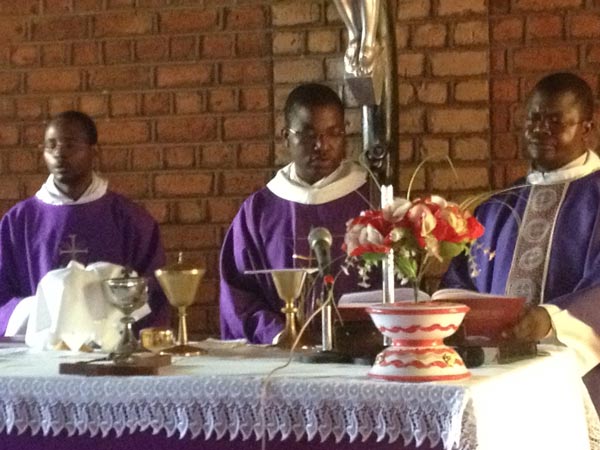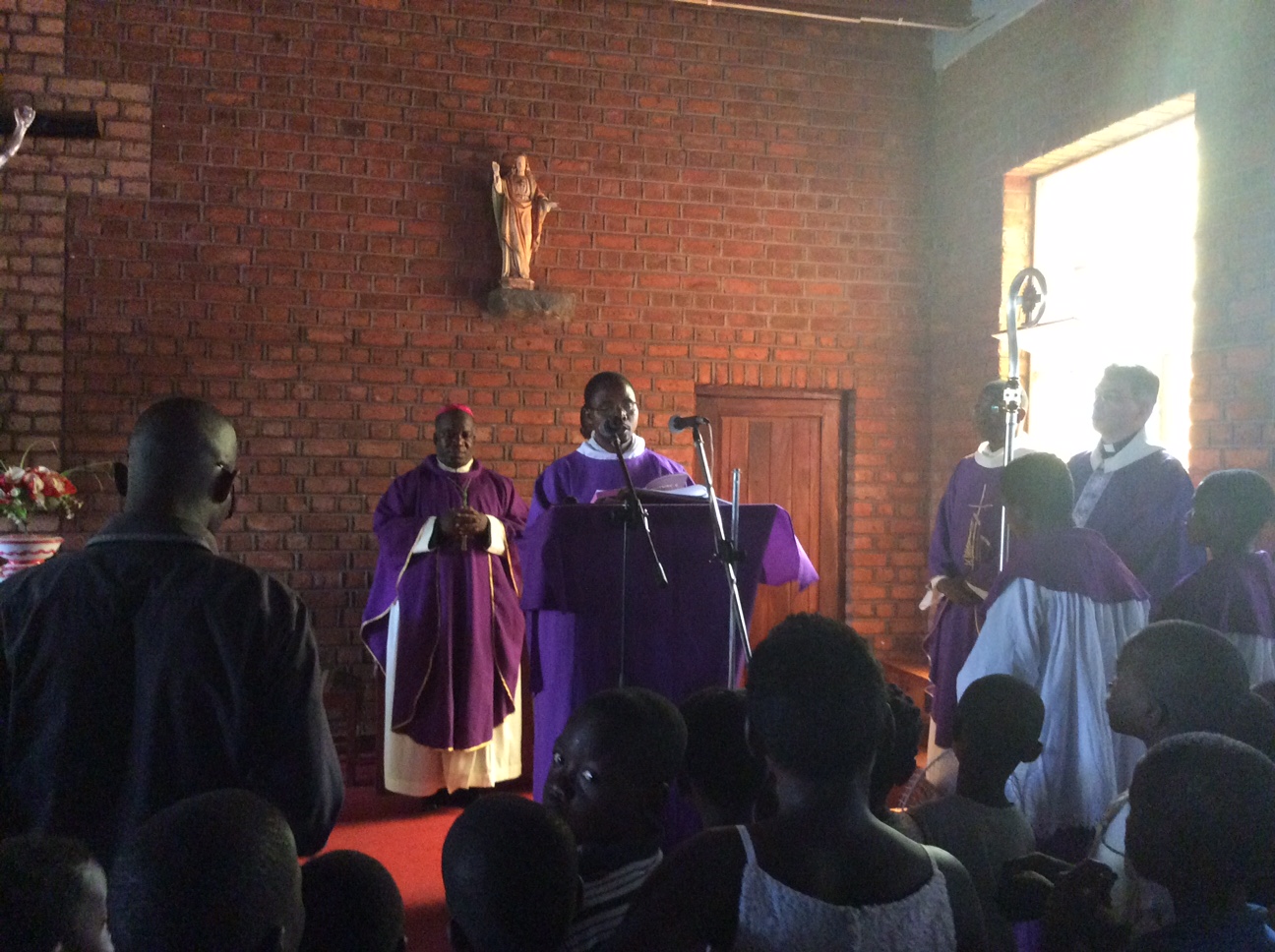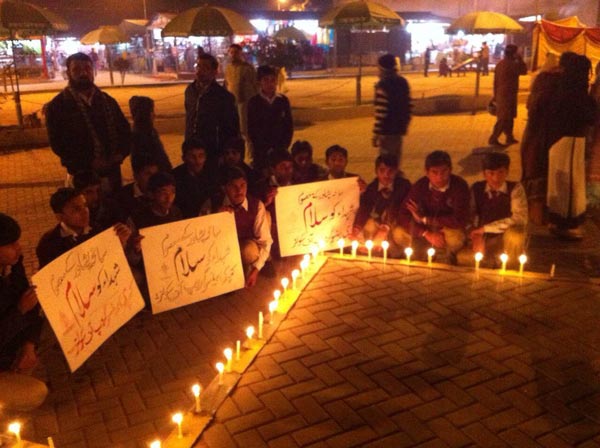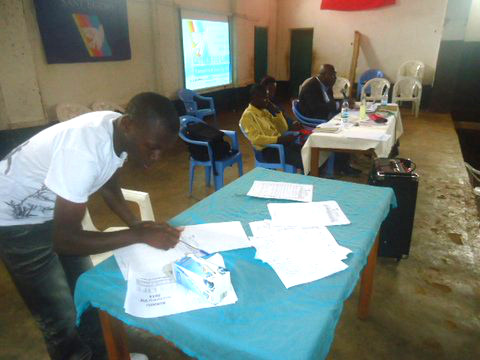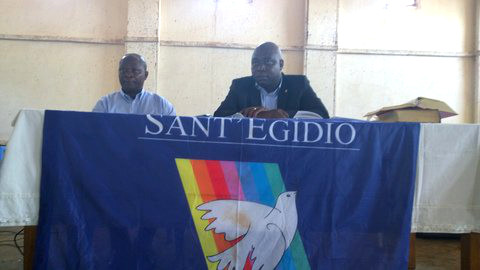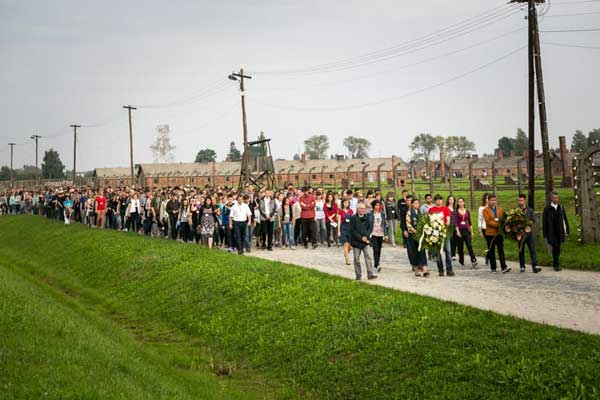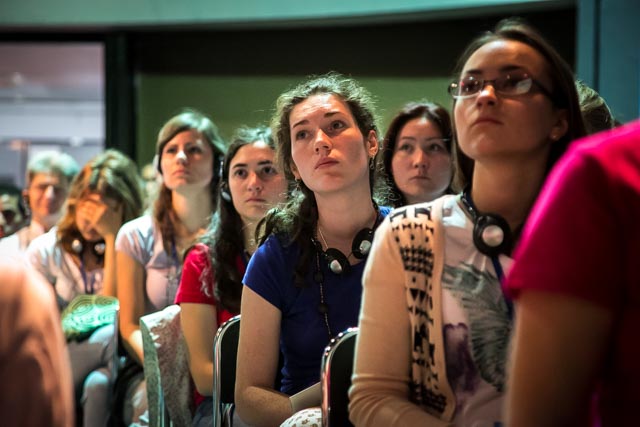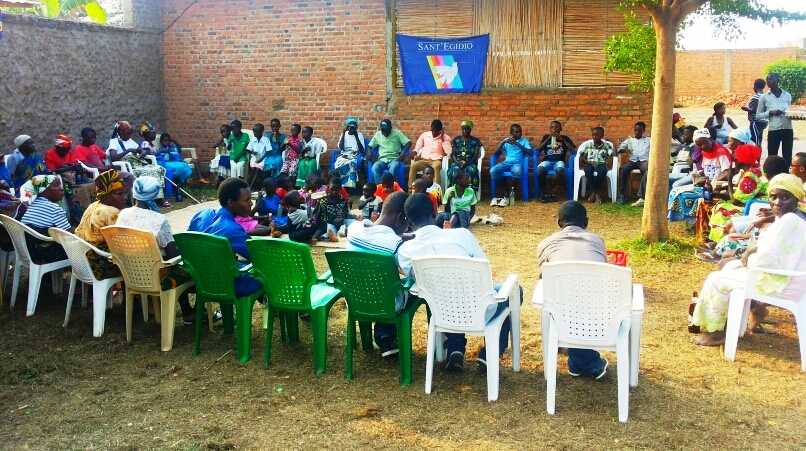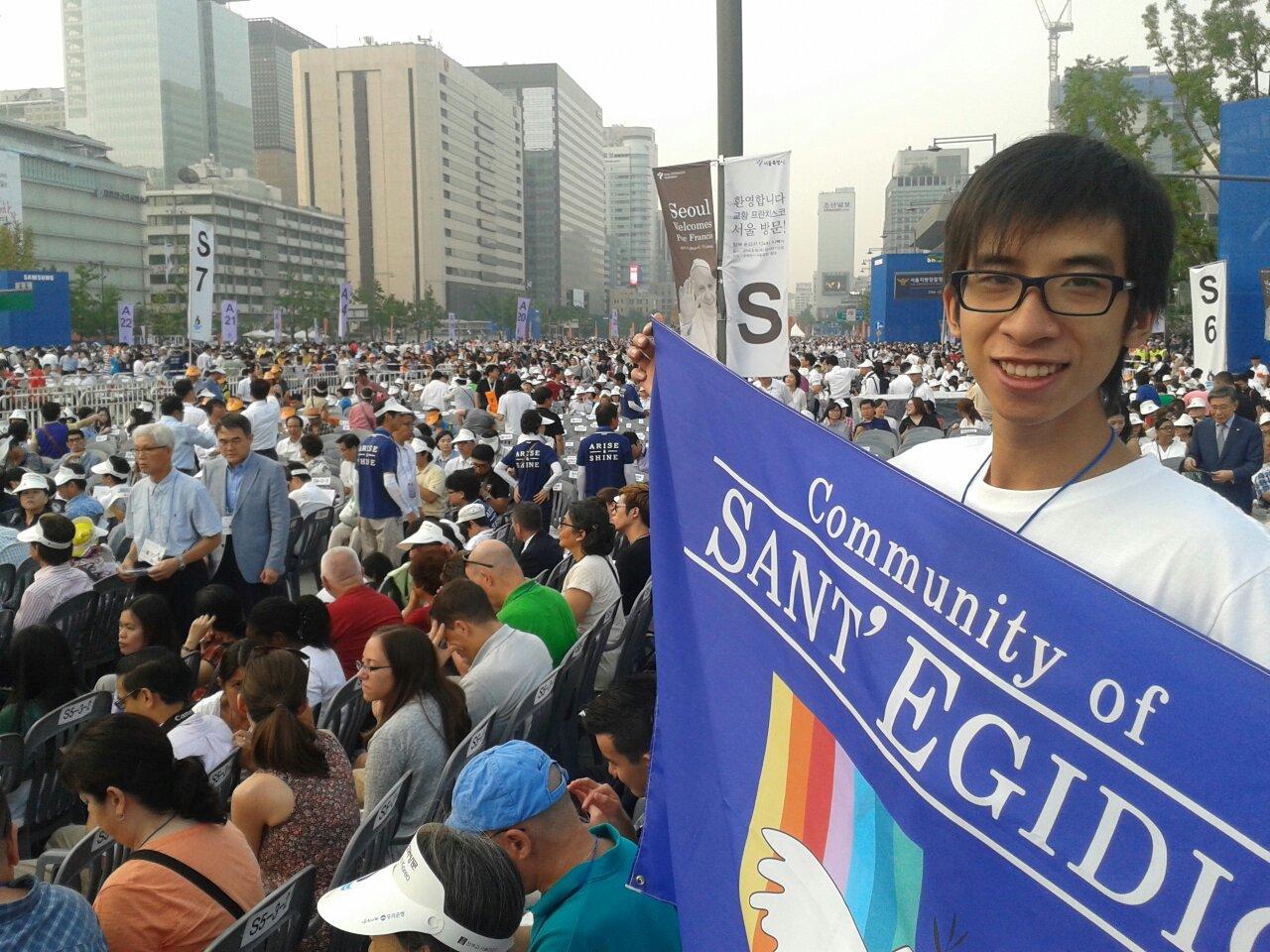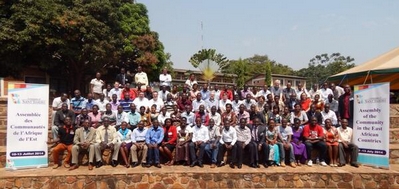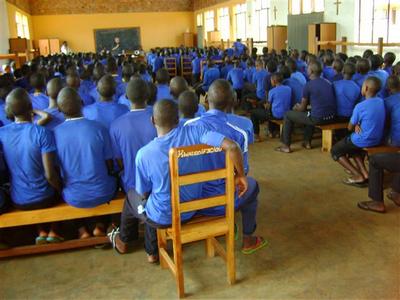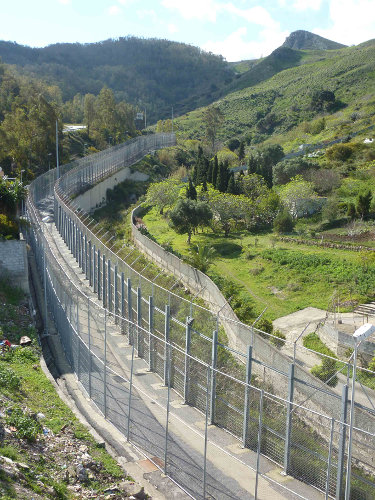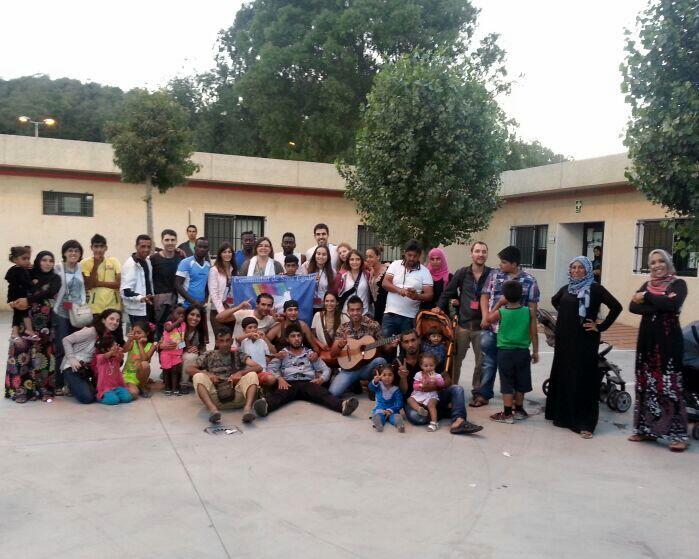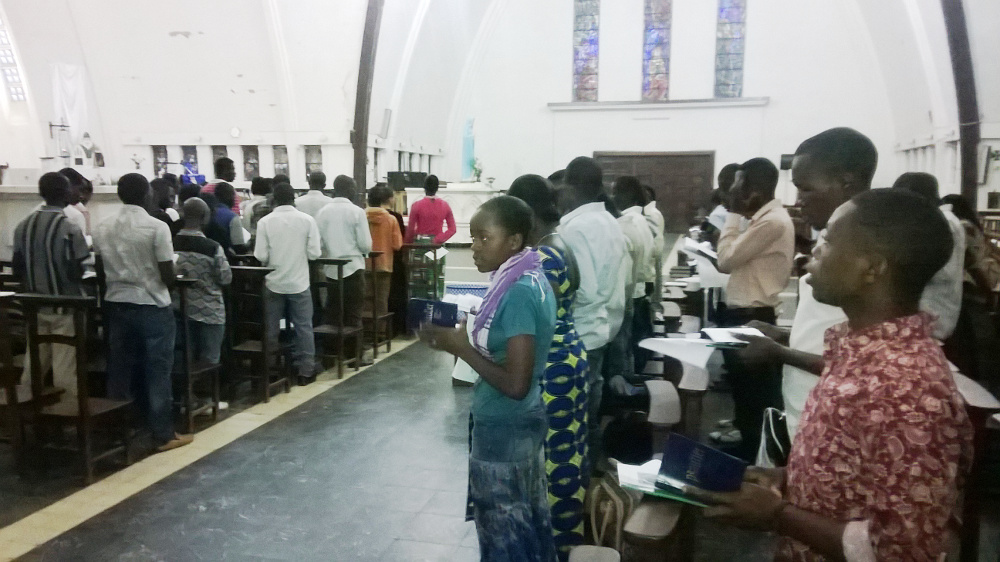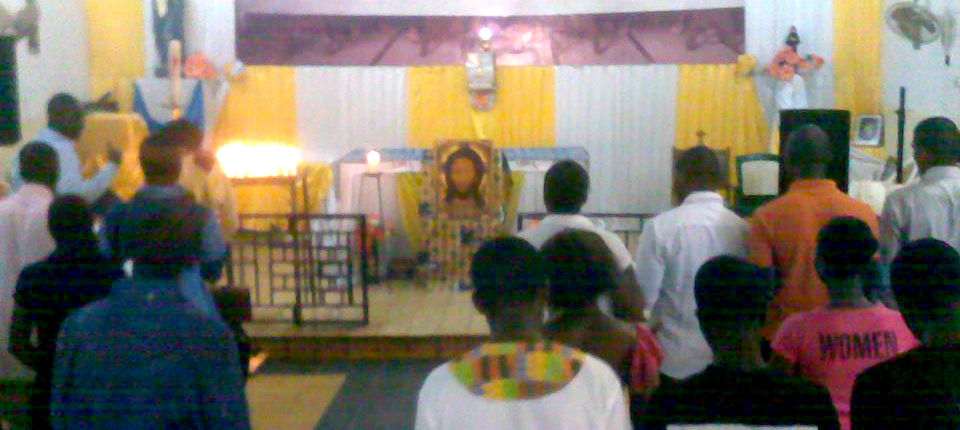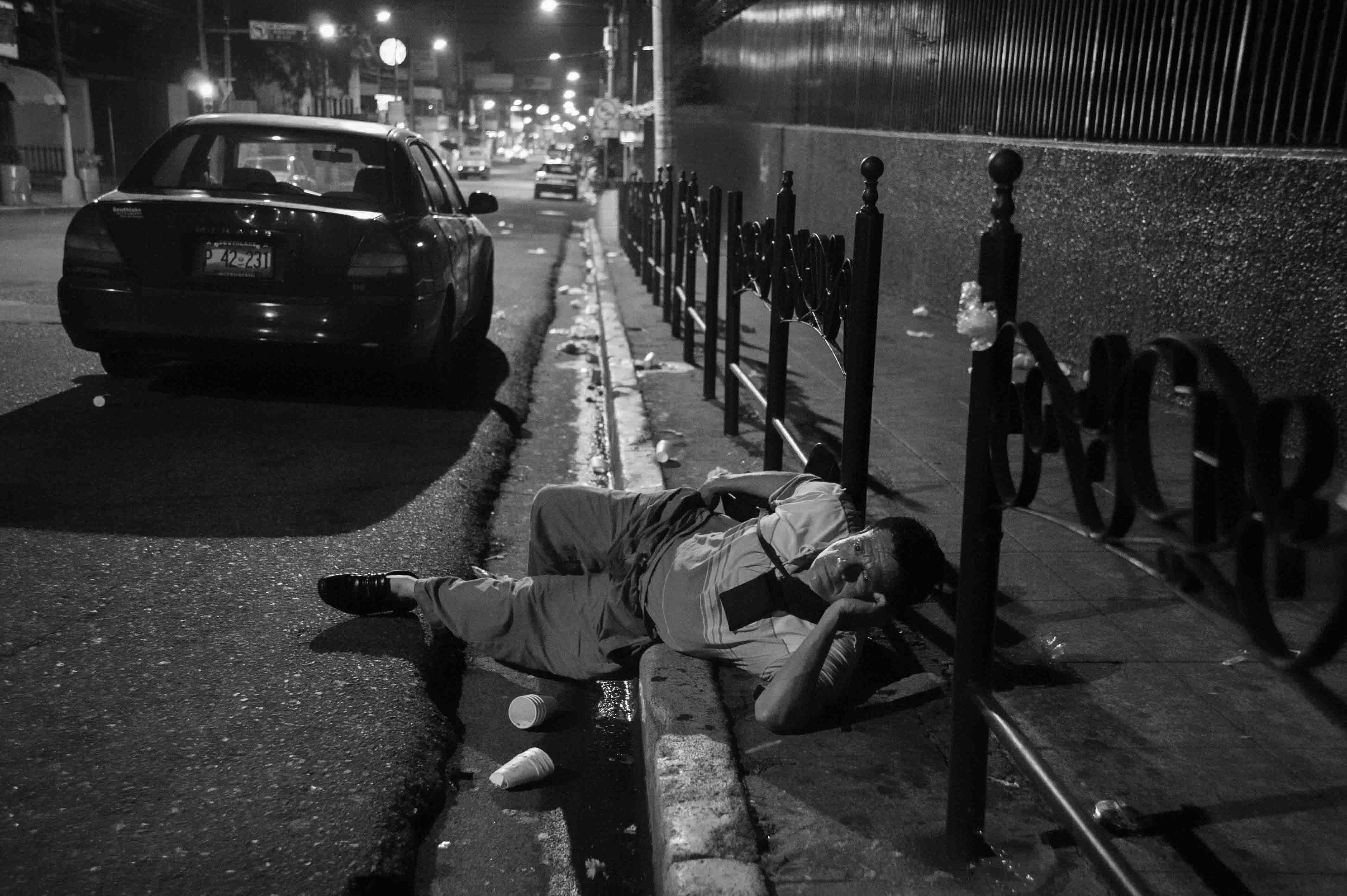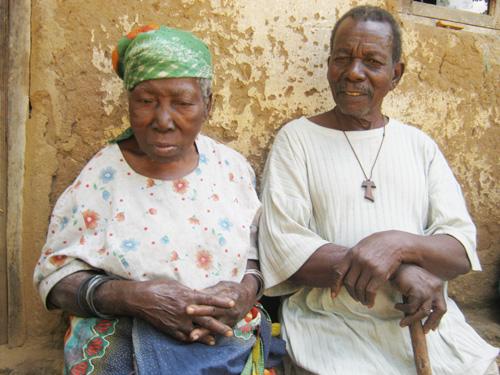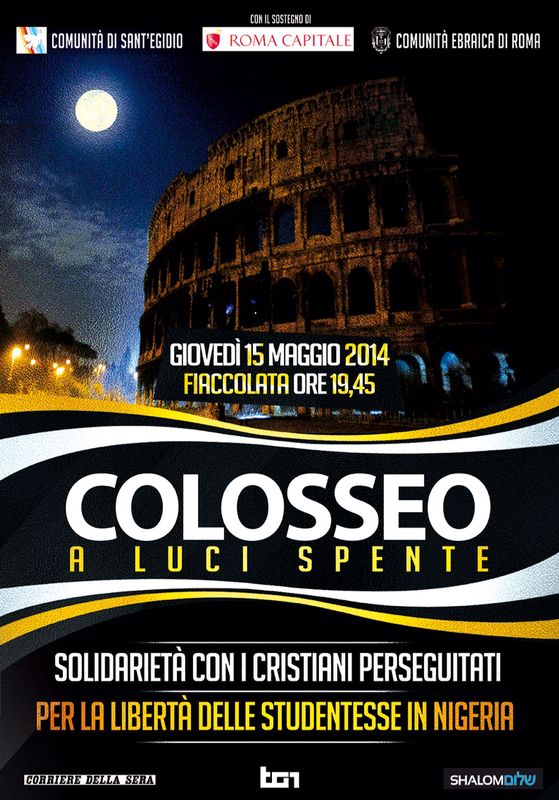On March 21st, in the conference hall of the Community of Sant’Egidio in Rome, Christians of various denominations, presbyters and others, met for a day of study focused on the “human and existential peripheries”, intending to analyze them “in the light of the Gospel”, keeping in mind the vision and the commitment of many witnesses.
In that context, a priest of the Community of Sant’Egidio, Don Angelo Romano, rector of the Basilica of Saint Bartholomew on the Tiber island - where the memories and the relics of the martyrs of the twentieth and twenty first centuries are preserved - described the works of don Giuseppe (Pino) Puglisi, killed in Palermo by the mafia in September 1993.
Beatified at the end of May 2013, don Pino Puglisi is the first martyr of the mafia His character and his story are destined to inspire future pastoral action in many peripheries that live the
nightmare of mafia presence and frequent violence, as well the concept of canonized sanctity.
Today, a little more than one year after the beatification of Puglisi, we publish a few passages of that presentation:
“Why did the mafia decide to kill don Puglisi? Who was he?
“Don Puglisi was born in Palermo in 1937, in the same Brancaccio neighborhood in which he would be killed 56 years later. He was a child of the periphery of a city wounded by war. […] At a very young age he decided to become a priest, first in a shantytown of Palermo called ‘Scaricatore’, then in Godrano, another periphery, a little village near Palermo, a world populated by poor people tied to small parcels of land, by immigrants, by people without any education, marked by quarrels among families that escalate into violence, the same cultural subsoil of the mafia.
“[…] After eight years of work he was called back to Palermo, as a teacher of religion in a prestigious high school and , starting in 1990, as the parish priest of San Gaetano al Brancaccio, his old neighborhood. It was an extremely poor parish. The small church was unsafe and its bells could not be used. There were no rooms for meetings. Brancaccio was and still is a poor neighborhood, with many unemployed people and many children that do not go to school. It was one of the areas of Palermo most oppressed by the mafia’s presence.
“The mafia is not only a criminal organization. It has copied the spirit of the secret societies of the 1800s, building in parallel its own ideology and strategy for action. The mafia seeks approval by presenting itself as an institution that is alternative to the state, capable of resolving disputes, providing social services, guaranteeing security. In Puglisi’s time, Cosa Nostra’s control over Brancaccio was absolute, like a true clandestine sovereign. In fact, in Brancaccio the symbols of the state were absent: there was no junior high school, medical establishments, municipal offices, or police station. Brancaccio was destined to remain a place without security and devoid of rights or institutions.
“[…] The first victims of this ‘mafia order’ were the children. Don Pino decided to take care of them first: they were violent, intolerant of any type of rule, ready to take advantage of the weaker ones, unwilling to recognize even their most obvious offences, inspired by the cult of deviousness and duplicity. These children were the nursery which the mafia would draw on to organize its ranks. Don Puglisi decided to open for these children the ‘Padre Nostro’ Center, with some sisters who would provide them with a different education.
“Puglisi was a Christian educator with great spiritual and cultural resources. To those would observed that even patience must have a limit he would reply: ‘If it is patience it has no limit.’
[…] His action was profoundly Christian. He would say: ‘I am not a sociologist, I am only a man that is working for the kingdom of God’.
“[…] Puglisi knew well the mafia mentality, and had understood that in order to survive the mafia needed to hide, to camouflage itself. A writing to which even Puglisi made a contribution, states: ‘The mafia is in its own way a culture, an ethic, a way of thinking, a standard of judgment, […] a language, a custom. And, notwithstanding all the camouflage, it is a culture that is anti-evangelical and anti-Christian, and, under many aspects, even satanic. It falsifies terms that indicate positive values such as family, friendship, solidarity, honor, dignity; it distorts them and loads them with meanings that are diametrically opposite to the Christian ones. The goals are to dominate through abuse, create complicity in evil, the imposition of oneself, dependency, enslavement and contempt for the other, prestige based on power and wealth sought by any means’.
“Puglisi, with his work made of catechizing, preaching and the education of minors, diminished the mafia’s strength joining the effort of the Church as a whole. An effort that reached its peak with the visit of Pope John Paul II to Sicily in May 1993. The Pope came to Sicily following several mafia murders, he met with the families of many victims, decided to make some very clear statements at Agrigento, inviting the Mafiosi to convert, and reminding them that God’s judgment day on their actions would come.
“Cosa Nostra’s response was not long in coming. On July 27 1993 three bombs explode during the night, one in Milan and two in Rome, one near the cathedral of Saint John in Lateran and the other near the church of Saint George in Velabro. Cosa Nostra shows its terrorist face and views the Church with increasing hostility. Less than two months after the bombing at the Laterano, don Puglisi is murdered. His words represented a hindrance. He preached the Gospel and from his pulpit he spoke to the mafiosi: ‘Come, let’s talk. Those who use violence are not men. We ask those who oppose us to reacquire their humanity’. Puglisi had shaken the consciences of those who lived under the oppression or the spell of Cosa Nostra. According to a direct witness, the head of the mafia of those days, Bagarella, decided to kill him because ‘He took those children, trying to tell them :’do not join the Mafiosi’, and anyway operated to take people away from the mafia’s reach’.
That meek, unarmed man had scared the head of the mafia. […] Today his neighborhood has changed. People reacted to his assassination: he was too well known as a saint priest, as a model […] Many children of Brancaccio look up to him as an example. As with many martyrs, his story seems to be one of defeat while in reality it marks a victory at a deeper level”.

